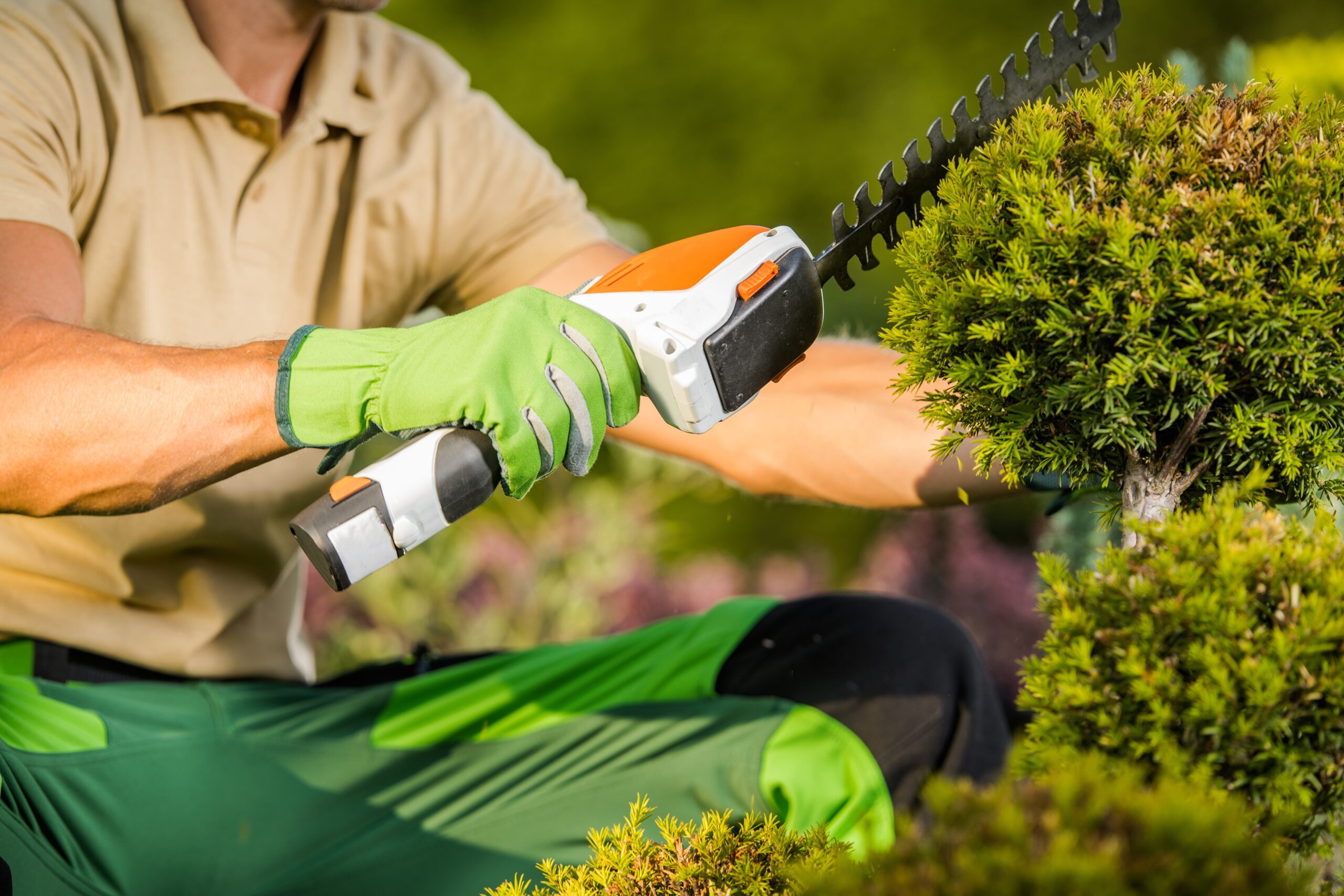
HOA Maintenance Checklist Guide
An HOA maintenance checklist is a critical tool for maintaining the beauty, functionality, and property value of your Louisiana community. As an HOA board member

An HOA maintenance checklist is a critical tool for maintaining the beauty, functionality, and property value of your Louisiana community. As an HOA board member

Because of our aging communities and extreme weather events, Property Owners Associations across Texas are trying to figure out how to pay for the costly,

Homeowners associations (HOAs) are the backbone of many communities, ensuring that neighborhoods are well-maintained and property values preserved. An essential tool in this endeavor is

Whether you’re a homeowner, a prospective buyer or simply curious about how HOAs and association management protect your community, we’d like to offer you a
Social media can be a key tool to bringing a community together and getting the right information out to your neighborhood. However, perfecting social media
Spring is just around the corner and many homeowners in HOA communities may have some big renovation plans to spice up the look of their
Your homeowner’s association should be a place where owners can comfortably park their cars and have ample parking opportunities for their guests when company arises.




Please note that maintenance action will be taken in accordance with direction provided by the Association’s Board of Directors.


Have a management question? We'd love to help! Fill out the form below and we'll get to back to you as soon as we can.


Please note that a fee may be charged to your account for pool and gate keys in accordance with Goodwin & Company’s association management contract.